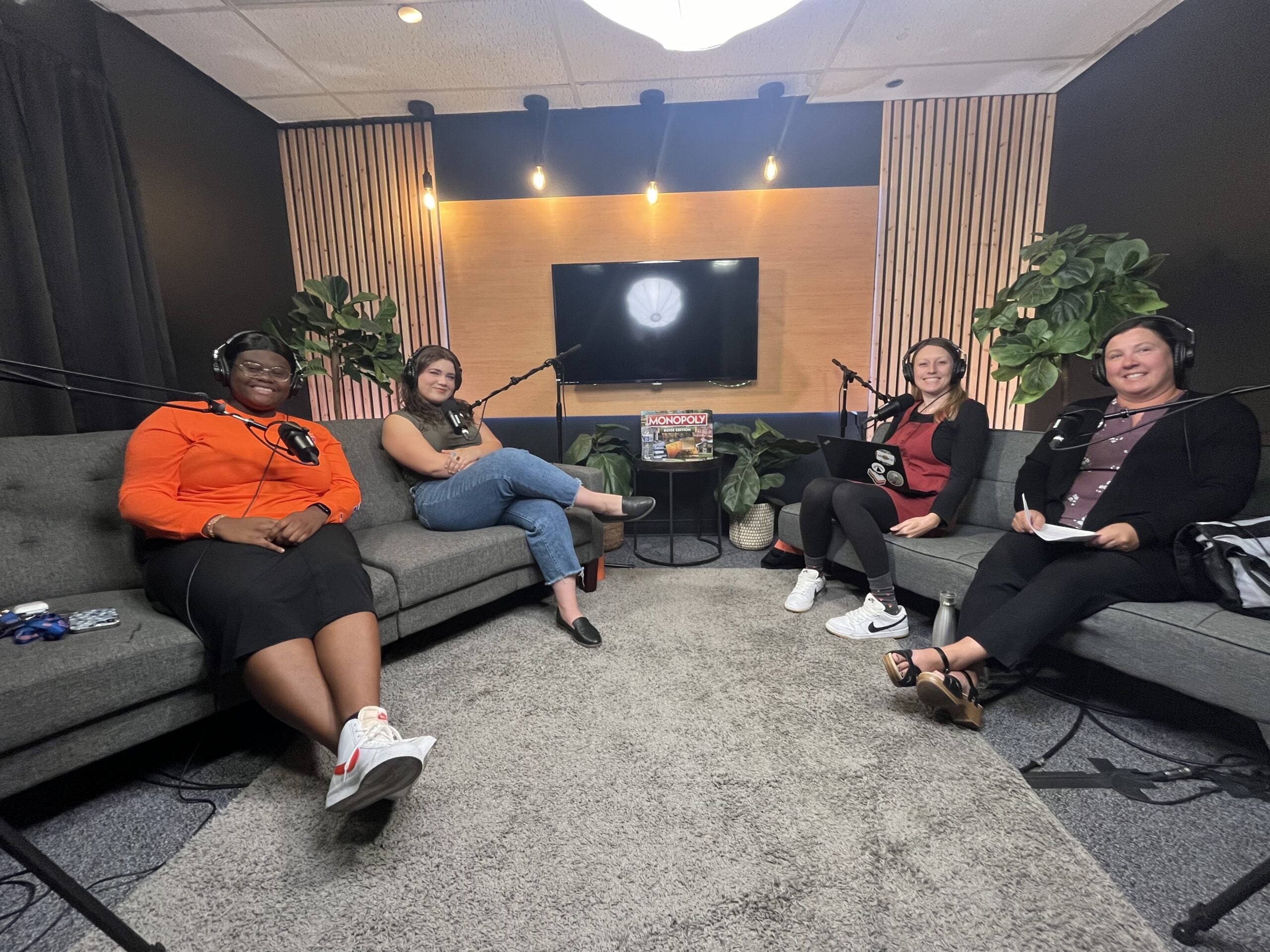
Refugees arriving in Idaho bring diverse and extraordinary histories – some shaped by years in refugee camps with limited access to education, employment and modern amenities.
“Boise is a gem and people don’t realize it. The vibrant refugee community that we have here is really beautiful,” said Maci Mattravers, an undergraduate researcher at Boise State.
Many refugees arriving in Boise bring valuable agricultural experience, from farming crops for their communities to tending traditional kitchen gardens in refugee camps. However, cultural, linguistic and economic barriers can make farming entrepreneurship challenging. Global Gardens, a program of the Idaho Office for Refugees, works to break down these barriers and supports refugees’ participation in the local food economy.
Mattravers and Alice Mwamba, also an undergraduate student, work with Rebecca Som Castellano, professor of sociology and interim director of the Human-Environment Systems group at Boise State, to strengthen connections between Global Gardens and farmers from refugee backgrounds.
The project combines expertise from Lisa Meierotto, associate professor in the School of Public Service; Kelly Hopping, associate professor in Human-Environment Systems; Ben Brock, program director at Global Gardens; various staff members from the organization; and representatives from the City of Boise. Together, the team is striving to create a more equitable and inclusive organization.
“The project aims to identify the stressors that farmers with refugee backgrounds in Idaho face and how they are adapting to those stressors,” Mattravers said.
“This work matters because people from marginalized backgrounds often are more invisible,” said Som Castellano. “Farmers are often invisible, so anything we can do to raise awareness and raise the profile of people in our community who are growing food for us is valuable.”

MOSAICS, a podcast from the Idaho Office for Refugees.
Student Impact
Mwamba and Mattravers conduct interviews and gather data, each bringing unique perspectives to the team. Mwamba, a nursing student with a minor in refugee studies, is a refugee from the Democratic Republic of the Congo. Her personal experiences and language skills allow her to connect deeply with the community. She also supports interviews by translation in Swahili, which has helped her discover even more about the diversity within refugee communities.
Throughout the project, Mwamba is inspired by the dedication of the farmers. “It’s not really about the money, it’s just the experience because they’ve been doing this their whole lives. Even when it is super hot or the smoke is bad, they’re dedicated to this because it means the world to them.”
Her work has also highlighted the connection between farming and well-being. As a nursing student, Mwamba recognizes how farming can influence both physical and mental health, and she sees the dedication of the farms as a source of inspiration.
For Mattravers, a student of ethnic studies and refugee studies, the true impact of Global Gardens lies in the strong sense of community it fosters. She recalls sharing meals with farmers who offered vegetables and baked goods made with ingredients from their gardens. “The farmers are very appreciative of any help. It is a beautiful community that I’m really glad I’ve been able to meet,” she said.
This experience has also broadened Mattravers’ perspective, deepening her interest in immigration law and urban planning. She sees the intersection of social welfare and public policy reflected in her work with Global Gardens.
Meaningful Leadership
Passionate about sustainable agriculture, Som Castellano is dedicated to supporting initiatives like Global Gardens. She also contributes to the National Science Foundation’s Established Program to Stimulate Competitive Research (EPSCoR) projects, which focuses on building research capacity and addressing key environmental and societal challenges.
Mentoring student researchers through these efforts makes her work even more meaningful and enjoyable. “For undergraduates, it’s rewarding to involve them in research. We’re training the next generation of scholars and of people who are going to be working out in our community,” she said.
Both students hope their work will leave a lasting impact on farmers from refugee backgrounds.
“I know a lot of people who love to garden; they think it is fun,” Mwamba said. “But they don’t know the resources they have. I’m hoping this research can bring awareness to that and help these types of programs expand.”
This publication was made possible by the NSF Idaho EPSCoR Program and by the National Science Foundation under award number OIA-2242769.
Written by Zenaida De La Cruz